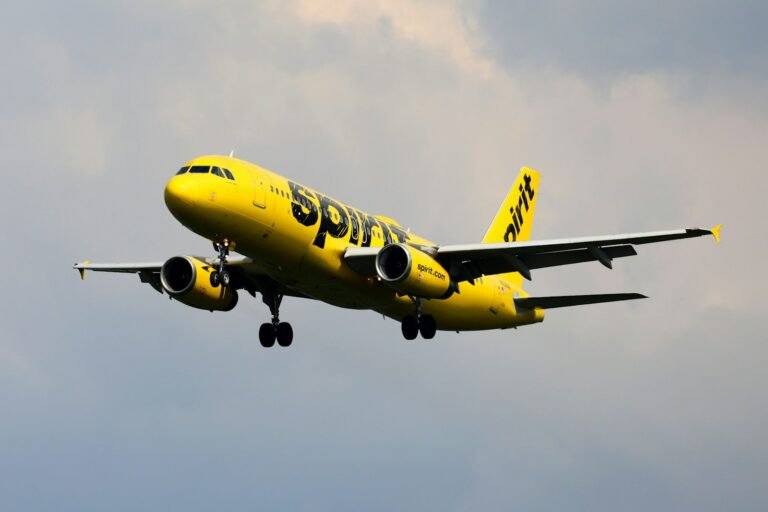
A $570 million acquisition could enable the world’s largest travel management firm to eliminate its second-largest competitor, thereby reducing travel management choices for American companies. The Justice Department has initiated a civil antitrust lawsuit to prevent Global Business Travel Group Inc. (Amex GBT), the leading business travel management company globally, from acquiring CWT Holdings LLC (CWT), which ranks as the third-largest in the industry. The lawsuit, filed in the U.S. District Court for the Southern District of New York, contends that this proposed transaction—marking Amex GBT’s fifth acquisition of a travel management firm since 2018—would negatively impact competition for business travel management services among U.S. global and multinational corporations.
American Express Global Business Travel (Amex GBT), AKA, Global Business Travel Group, Inc., headquartered in New York, New York., operates a business-to-business travel platform both in the United States and around the globe. According to their profile, they offer comprehensive range of technology-driven solutions tailored for business travelers and clients, as well as travel content providers like airlines, hotels, ground transportation services, and aggregators. Additionally, other services include: consulting services, event planning, and outsourced solutions.
CWT, previously known as Carlson Wagonlit Travel, is a worldwide leader in business travel and meeting solutions. The company assists organizations and governments in linking their personnel across the globe, even in hard-to-reach areas. With significant ownership by funds associated with Redwood Capital Management and Monarch Alternative Capital, CWT provides cutting-edge technology designed to deliver a travel experience that is efficient, secure, and environmentally friendly for the employees of its clients.
In March 2024, American Express Global Business Travel (Amex GBT) revealed a definitive agreement to acquire CWT, a prominent provider of global business travel and meeting solutions, for around $570 million. The transaction, anticipated to finalize in the latter half of 2024, will be financed through a combination of stock and cash, pending regulatory approvals. CWT, which caters to over 4,000 clients, is expected to generate $850 million in revenue and an adjusted EBITDA of $70–$80 million in 2024.
This acquisition is designed to bolster Amex GBT’s software and service offerings, allowing CWT clients to benefit from Amex GBT’s cutting-edge platforms and services. The deal is projected to deliver substantial shareholder value, with an estimated $155 million in annual synergies expected to be achieved within three years. Furthermore, this transaction is anticipated to enhance Amex GBT’s earnings per share from the first year onward while maintaining a robust financial profile after the acquisition.
“American businesses rely on travel management companies to connect employees, control travel costs, make travel booking and expense management easier, and ensure their employees’ safety during travel,” said Acting Assistant Attorney General Doha Mekki of the Justice Department’s Antitrust Division. “This acquisition is the latest in a series of acquisitions by Amex GBT that will further consolidate an already consolidated market with only a handful of competitive options capable of serving customers with the most need for travel management services. American businesses will face the consequences, seeing higher prices, less innovation and fewer choices.”
As alleged in the complaint, Amex GBT and CWT anticipated that the proposed acquisition would harm competition and benefit the merged firm at the expense of its customers. The complaint alleges that senior Amex GBT executives viewed the acquisition as an opportunity for “consolidation” of the market for business travel management services for global and multinational customers and a respite from its recent customer losses to CWT.
The complaint further alleges that Amex GBT recognized that its valuation of the proposed acquisition should reflect the financial benefit of avoiding future loss business to CWT. For example, its CEO wrote to its president that the company “need[ed] to consider how much we might lose to [CWT] each year in a [business as usual] scenario.” During deal negotiations, CWT’s owners likewise believed Amex GBT should pay a higher price for CWT in recognition of the increased revenues Amex GBT would enjoy post-merger due to the reduction in “price pressure” from “removing [a] big competitor.”
The complaint claims that merging Amex GBT and CWT would unite two of the three largest entities in the business travel management sector for global and multinational corporations in the United States. This merger would grant the new entity a substantial market share in an industry that one of CWT’s major stakeholders has described as “oligopolistic.” There are only a handful of companies capable of delivering travel management services to large-scale global and multinational firms at the level of Amex GBT and CWT.
Currently, Amex GBT and CWT are in fierce competition to cater to large enterprises and those with intricate travel requirements. Recently, CWT has been implementing innovative strategies aimed at enhancing service quality and lowering costs to attract clients from Amex GBT. Consequently, Amex GBT has lost several key bids for major corporate clients to CWT. Should Amex GBT be allowed to acquire CWT, this vigorous competition would diminish, potentially leading to increased prices, reduced innovation, and fewer options—burdens that will ultimately impact the numerous businesses and employees who rely on these essential services for their productivity and operations.
Amex GBT is a publicly traded corporation based in Delaware, with its main executive office in New York City and operational headquarters in London. In 2023, Amex GBT managed a total transaction value of around $28.2 billion, generating revenues of $2.29 billion.
CWT, on the other hand, is a privately owned company located in Minnetonka, Minnesota. In 2023, CWT handled a total transaction volume of approximately $14 billion, with revenues reaching about $850 million.



